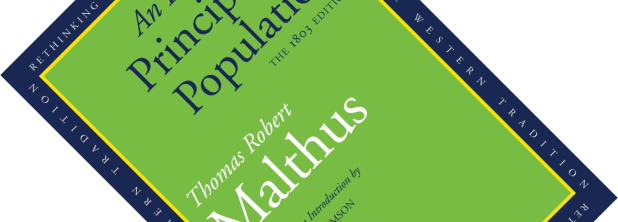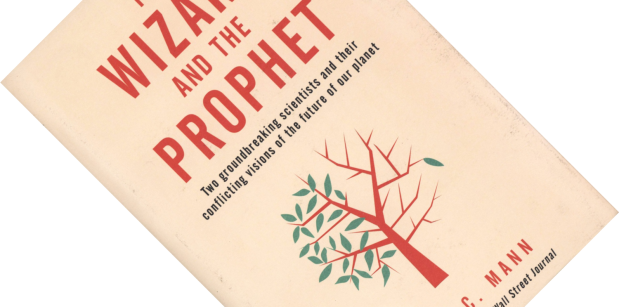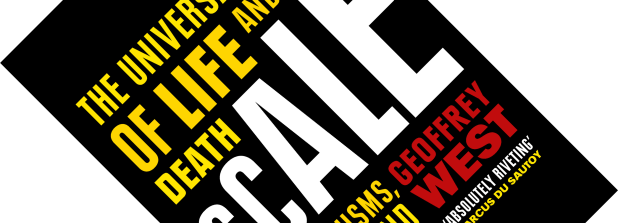Speaking of controversial. As mentioned in my previous review of An Essay on the Principle of Population: The 1803 Edition, concerns about human overpopulation go back to at least Malthus, a name that has become synonymous with this topic. How do you tackle this incredibly thorny issue? Malthus believed moral restraint where having children is concerned should be encouraged, which strikes me as starry-eyed and completely out of reach, especially in the individualized societies of today. Simultaneously, we have seen some pretty drastic population control measures with ugly side-effects, such as China’s one-child policy and forced sterilization in India. The cry of eugenics if never far away when this topic is tabled. Can we have any sensible discussion to find a middle ground between utopia and dystopia? This small book does a serious attempt.
overpopulation
Book review – An Essay on the Principle of Population: The 1803 Edition
Overpopulation. Is there another topic more likely to bring about an uncomfortable silence during a dinner party? Possibly one of the last taboos even of our era, one name is intimately linked with this topic: Thomas Robert Malthus, author of the much-maligned An Essay on the Principle of Population. Originally published in 1798, Yale University Press here republishes the second edition of 1803, which is much expanded. As a bonus, they throw in five essays to place this work in context and discuss its relevance today. Why would you read a book that is over 200 years old? For the same reason evolutionary biologists still read On the Origin of Species – you cannot really properly discuss, let alone criticise a subject without reading its foundational text, now, can you?
Book review – The Wizard and the Prophet: Two Remarkable Scientists and Their Conflicting Visions of the Future of Our Planet
If I asked you to propose solutions to some of the world’s problems and future challenges, things such as overpopulation, food production, hunger, soil erosion, resource depletion, energy production etc., what ideas would you put forth? Most likely, your proposals would build on the intellectual legacy of two men you have never heard of. Allow American journalist and writer Charles C. Mann to introduce you to ecologist William Vogt, father of the environmental movement, and Nobel-Peace-Prize-winning plant breeder Norman Borlaug, instigator of the agricultural Green Revolution.
Book review – The Irresponsible Pursuit of Paradise (Second Edition)
The Irresponsible Pursuit of Paradise lays bare a conundrum of our times. How is it that so many of us loathe resource extraction (e.g. the cutting down of trees for timber, or the mining of ores to produce metals), yet we absolutely adore the products that are subsequently made from these resources? We are up in arms when our forests are under threat, or companies want to start fracking in protected areas (a current concern in the UK), and when we successfully halt these things, the results are invariably hailed as a victory for the environment. Except that they aren’t.
Book review – Scale: The Universal Laws of Life and Death in Organisms, Cities and Companies
Not since I had to read D’Arcy Wentworth’s On Growth and Form for coursework have I read such a fascinating book that highlights the importance of mathematical laws in governing boundaries and patterns we observe in life. Geoffrey West is a polymath in the truest sense of the word: a theoretical physicist who, over the course of 20 years, applied complexity science to many questions in biology initially, and then extended his ideas to patterns seen in the organization and functioning of cities and companies. Scale is a wide-ranging intellectual foray with no equation in sight.





